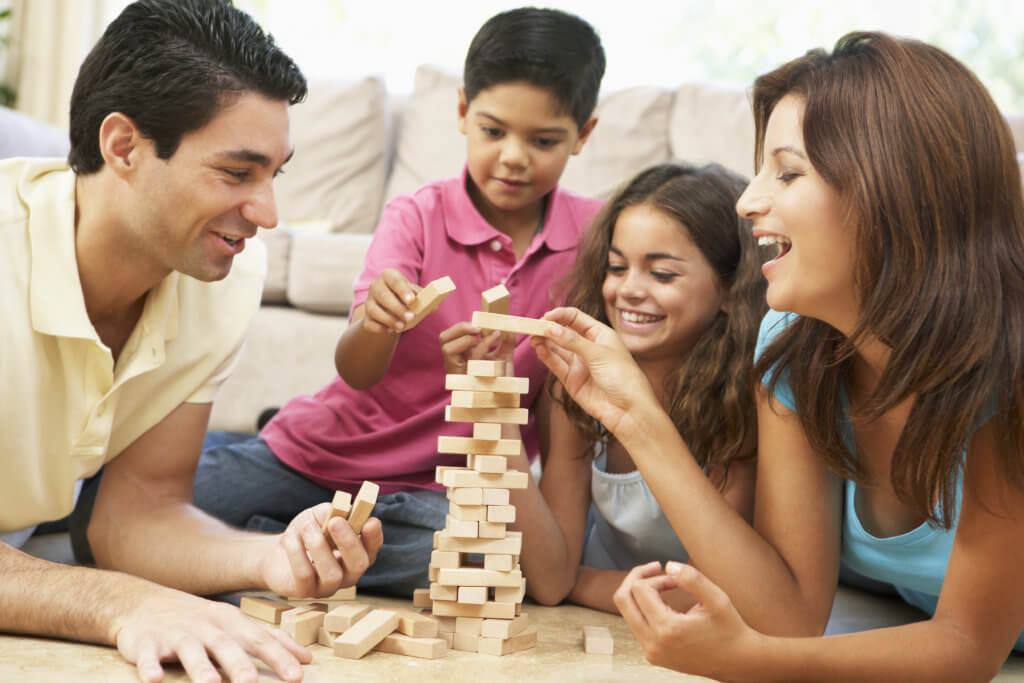Did you know that play can really make a difference? Decades ago-children were healthier-emotionally and physically. So, what has changed?
Many parents ask why their child is acting out-upon intake, background information, and meeting the child for a few sessions- oftentimes; we discover that their child is actually being developmentally appropriate! Their “acting out behavior” is 100% typical for their age! So why do we as parents worry so much about behaviors that were previously viewed as fine?
Due to schools limiting social time and recess, the introduction of tv, video games, internet etc. children have ‘lost’ many of the social skills they previously had. Many of our children no longer know how to play- true, pure, organic play. They of course know what to do if it is a video game! But give most kids a rock and a stick and they will look at you in bewilderment.
In addition, many families may feel pressured for their child to act or look a certain way. Between school pressures, relatives and sometimes even neighbors- it can feel like we live under a microscope. Every little thing our child does may be judged and that can put the weight of the world on any parents’ shoulders.
Playing is one of the most therapeutic things we can do for a child, so why do we limit it so much?
Play helps children:
- Become more responsible for behaviors and develop more successful strategies.
- Develop new and creative solutions to problems.
- Create coping skills.
- Learn to self-calm and regulate.
- Develop respect and acceptance of self and others.
- Learn to experience and express emotion.
- Cultivate empathy and respect for thoughts and feelings of others.
- Learn new social skills and relational skills with family.
Play therapy helps children:
- Make sense of the world around them
- Have a neutral place to implement the skills that play naturally teaches them
- Gives a road map and a translator for parents
- Teaches new skills that may be overlooked by children and parents
- Creates opportunities for non-directed play which allows more therapeutic learning
- Reduces anxiety, stress and worries
- Creates accountability for behavior
- Learn socially appropriate ways to play
- Improves boundaries and relationships
- http://www.a4pt.org/ps.index.cfm?ID=1653
What can you at home do to encourage play?
- Allow and encourage free form play (toys that do not have a specific set way to play).
- Encourage messy play- even if it is only outdoors.
- Suggest creative time.
- Limit or eliminate electronic time during the school week.
- Do not take the lead- let your child direct the play
- Limit your naming of items (Just because it looks like a dinosaur does not mean it is!)
- Recognize how special this play time is for your child- whether or not you participate in it, play is how a child best learns!
We use a combination of play therapy skills to bring peace and tranquility back to your home, while also enabling your child to express themselves in a healthy and safe way! Sometimes acting out is developmentally normal, sometimes it is not- when you struggle to determine what is going on, a second look can always help.
Want to learn more? Check out our Play Therapy page.

